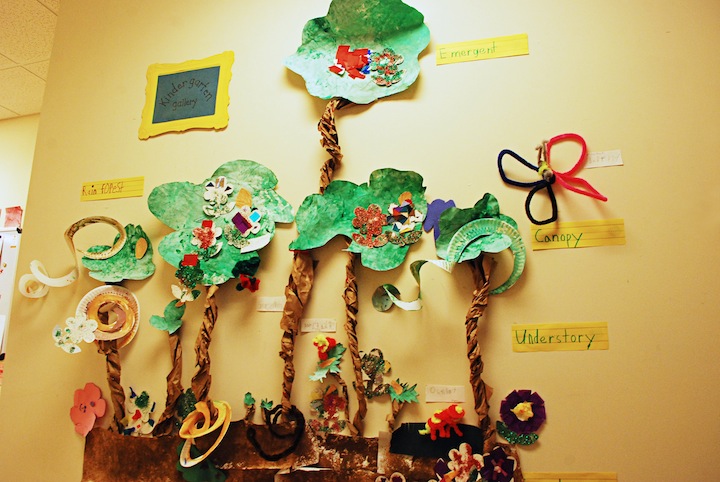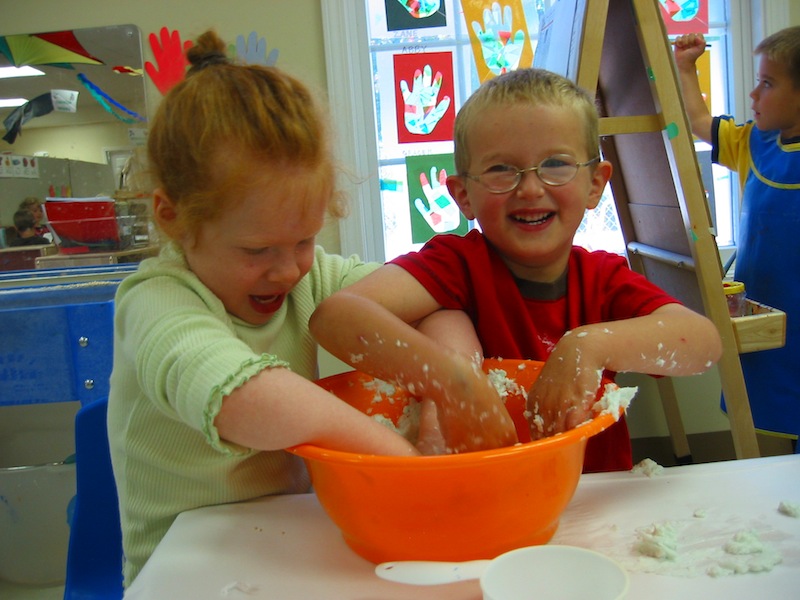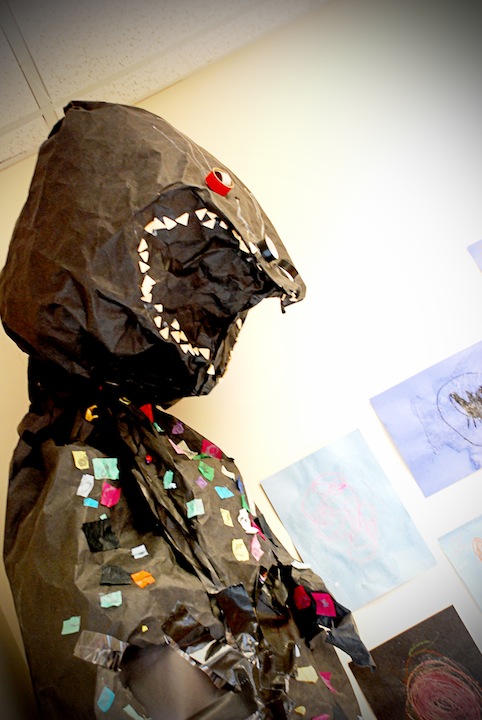Process and Product
As adults, we are concerned with the outcomes or the product of our efforts. We want the report to look nice, the cookies to taste great, or the hedges to be perfectly straight. We participate in few activities just for the fun of doing them. In part this is because we are not still learning





